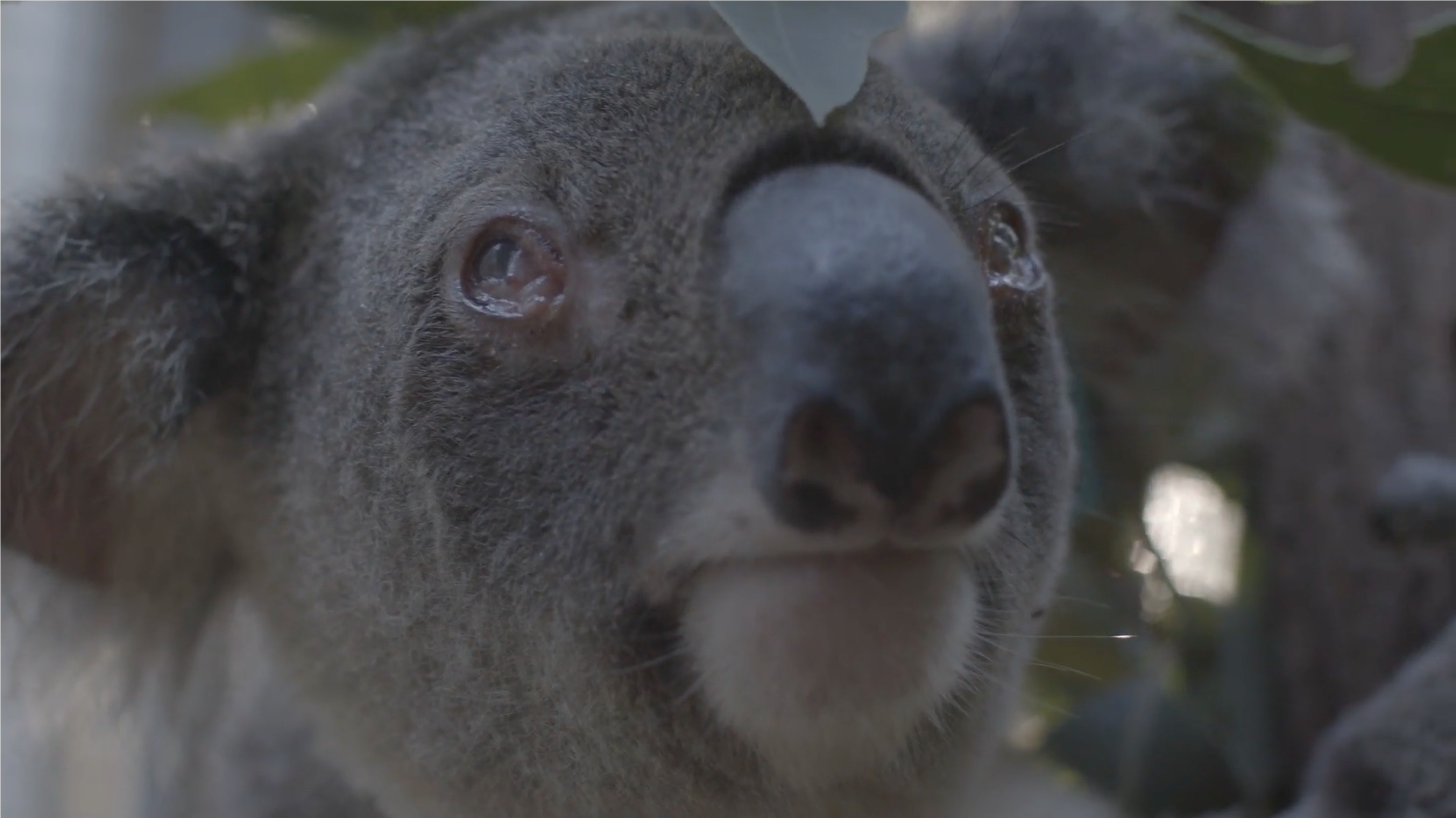
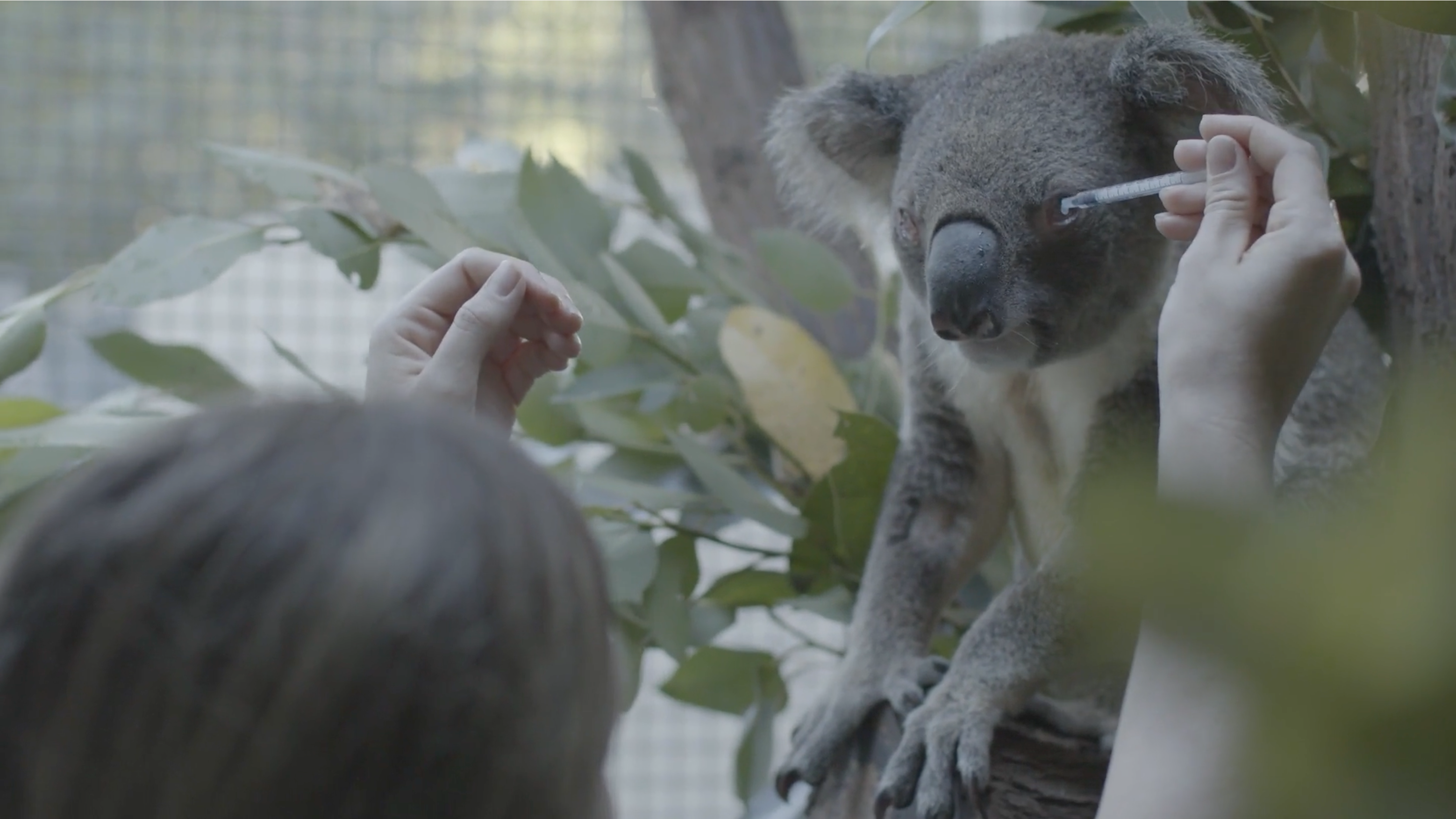
Koala Chlamydial Disease Vaccination
Share this page to:
Our multidisciplinary vaccination project combines immunology, polymer chemistry and veterinary science to prevent the localised extinction of koalas in southeast Queensland.
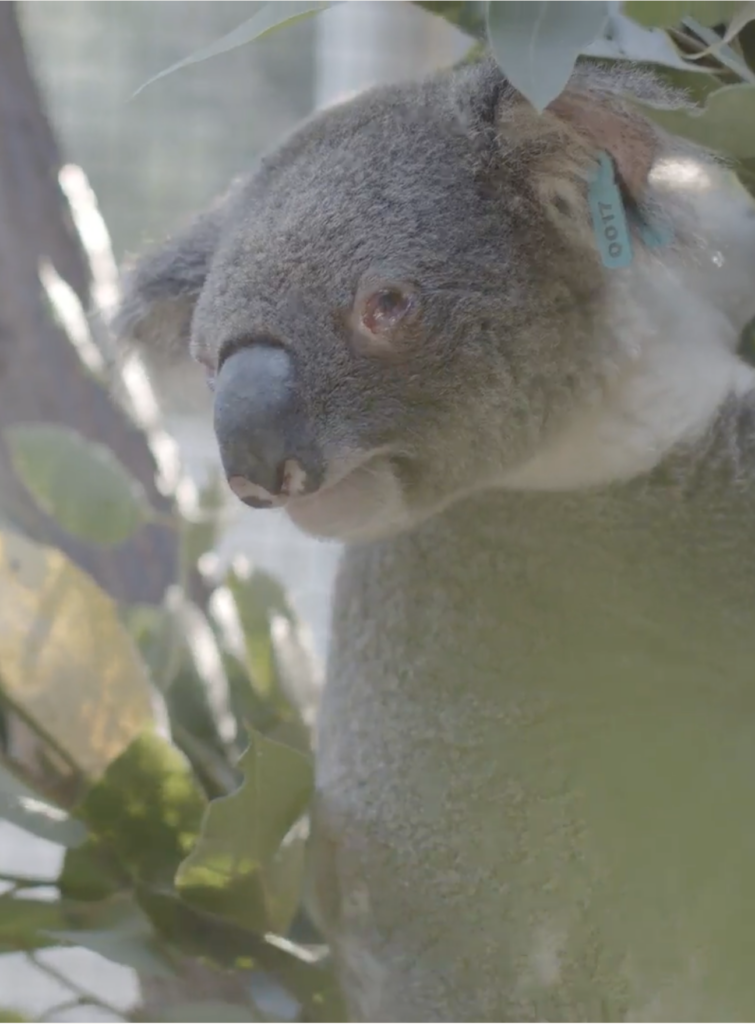
Computer modelling suggests vaccinating just 10% of the breeding population annually could be enough to reduce infection and increase population.
Our expert team is dedicated to saving our species and is using their expert knowledge to preserve the reproductive systems of koalas which can be impacted by chlamydia. This will allow them to continue repopulating for generations to come.
Currumbin Wildlife Hospital is collaborating with primary partner Professor Ken Beagley from the Queensland University of Technology to develop a strategy for managing koala chlamydia within an already infected population.
The Elanora koala population, which lives approximately 7 kilometres from Currumbin Wildlife Hospital, is the most diseased population on the Gold Coast, with 88% of the region’s koalas admitted positive for chlamydia and its population has halved in the last 7 years, likely due to the disease.
Our goal is the development of a vaccine, strategically targeted at young sub-adult animals to reduce population incidence of chlamydial disease thereby reversing population decline.
Project Status
Our Aim
To develop a vaccination that provides lifelong protection from chlamydia for koalas.
Captured and vaccinated over 300 koalas in the Elanora area. Tracking 30 Koalas, 19 Vaccinated females have produced healthy chlamydia free joeys.
All standard admission koalas released from Currumbin Wildlife Hospital are vaccinated against chlamydia.
This project is initially being undertaken as 12-month project in three stages.
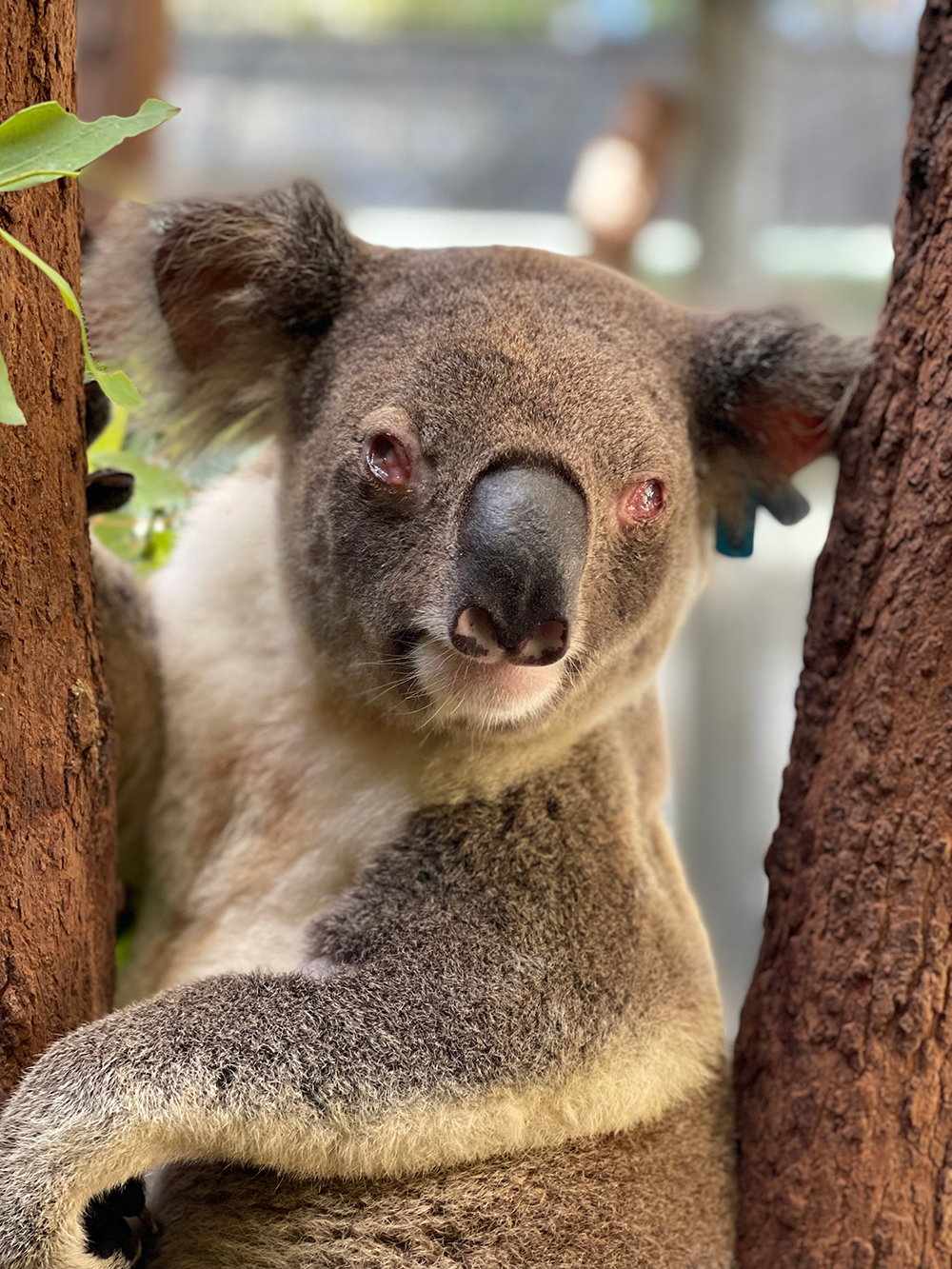
Stage One
We have 9 koalas currently being tracked in the Elanora area post release. We have recaptured these koalas, and they remain clear of chlamydia and are in good health. Two have given birth and are nursing healthy joeys.
Stage Two
Currumbin Wildlife Hospital has vaccinated 167 koalas that have been admitted, treated, and released.
Stage Three
The pilot project has allowed us to establish efficient GPS tracking systems with gateway aerials mounted at Gold Coast City Council water towers and on private property to cover all the terrain. The GPS system is supported by a backup VHF transmitter on each koala.
Next Steps
From late-2023, our intention is now to expand the project to meet the full goals of AIM 1 and establish a template for the successful vaccination of a diseased koala population. This vaccination template could then be used to save other highly diseased koala populations throughout Queensland and New South Wales.
Help us save the species.
The research program brings together world experts in the fields of koala biology and medicine. Its strength lies in collaboration and the integration of unique and complimentary expertise, from The University of Queensland, QUT, and Currumbin Wildlife Hospital.
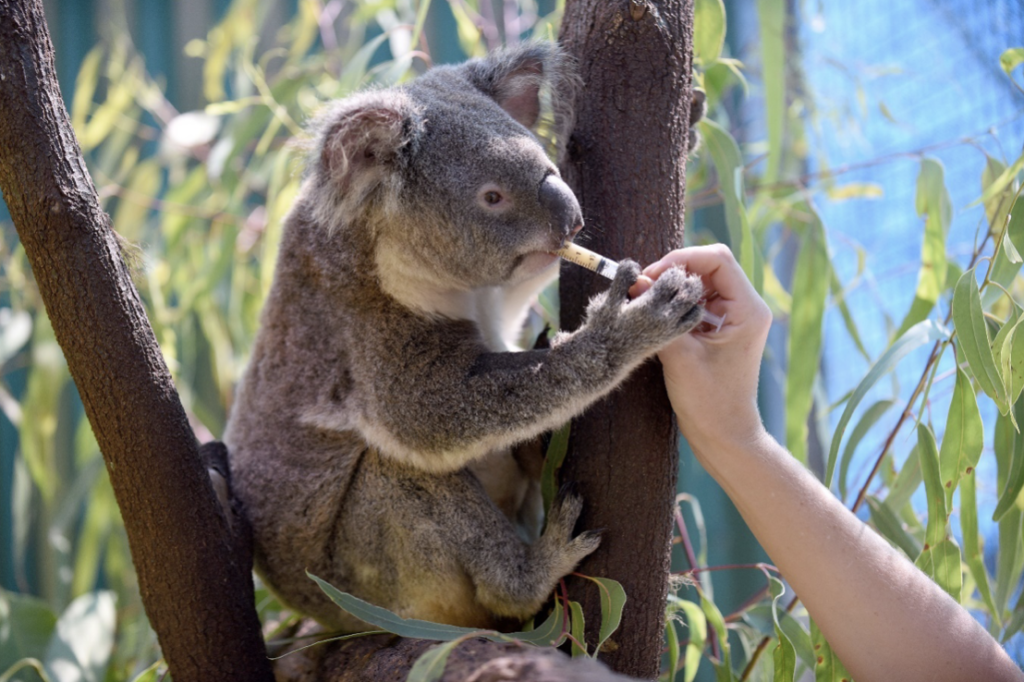
Koala Research and Vaccination
Support a pioneering koala research and chlamydia vaccination program on Australia’s east coast and join the fight to save our species.